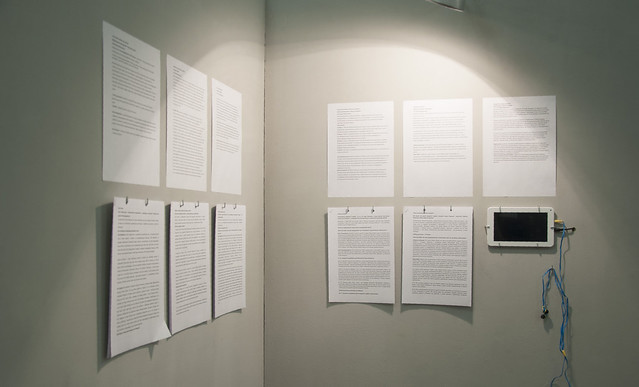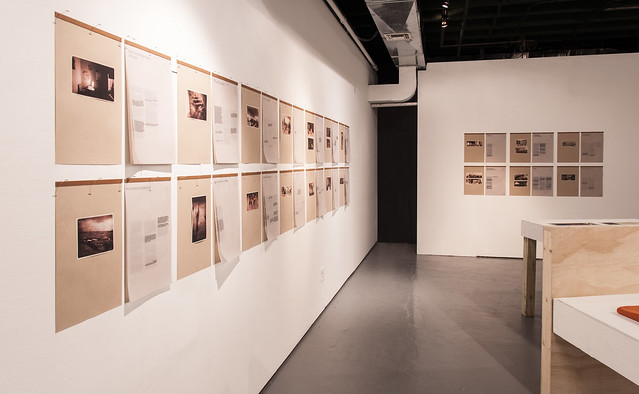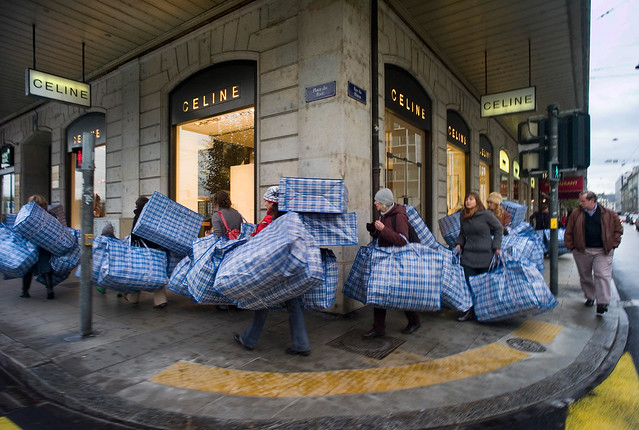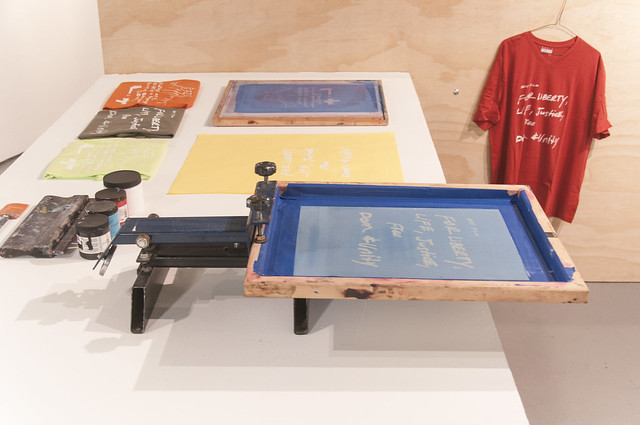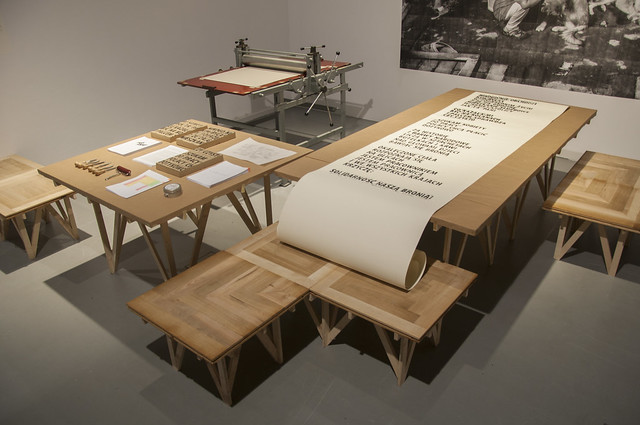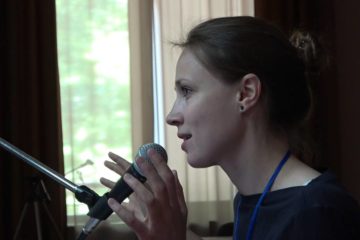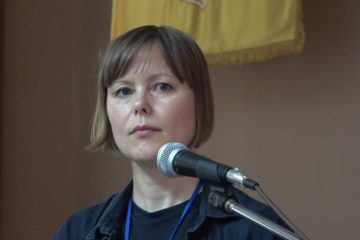Athens Digital Arts Festival
Video program “On Public Space”
Curated by Agricola de Cologne
Diplareios School, 3 Theatre Square, 10552, Athens, Greece
May 21-24, 2015
Vetlanda Museum
Cologne Art & Moving Images Awards
Kyrkogatan 31, 574 31 Vetlanda, Sweden
August – September 2013
Detmold International Shortfilm Festival
Video program “Art & the City”
Curated by Agricola de Cologne
Detmold, Germany
31 May – 9 June, 2013
CCA Tbilisi / Georgia
Video program “Art & the City”
Curated by Agricola de Cologne
Center for Contemporary Art. Tbilisi. Georgia
16-17-18, May 2013
Aferro Gallery
Cologne Art & Moving Images Awards
73 Market St. 07102, Newark, NJ, USA
February 23, – March 30, 2013
700is Reindeerland Experimental Film Festival
Video program “Art & the City”
Curated by Agricola de Cologne
Nordic House, Reykjavik, Iceland
Saturday, February 9, 2013, from 8 p.m. to 9 p.m.
Kunstvlaai: Festival of Independents
Exposure – “Local is the new global”
Curated by Yuriy Kruchak
Amsterdam, Netherlands
November 23 – December 2, 2012
Euroshorts Film Festival
Video program «The Best of “Art & the City”»
Curated by Agricola de Cologne
Gdansk, Poland
November 21-25, 2012
Art;Screen Fest
Video program “Art & the City”
Curated by Agricola de Cologne
Orebro, Sweden
October 4-7, 2012
Ionian International Digital Film Festival
Video program «The Best of “Art & the City”»
Curated by Agricola de Cologne
Lefkas, Greece
September 15-22, 2012
International University in Imagination (I.U.I)
Exhibition – “Let’s Play”
Curated by Jin Sup Yoon, Yongim Kim
“Space Radio M”, Seoul, South Korea
August 04 – August 12, 2012
Ares Film & Media Festival
Video program “Art & the City”
Curated by Agricola de Cologne
Siracusa, Italy
July – August, 2012
The VideoBabel Festival
Video program “Art & the City”
Curated by Agricola de Cologne
Cusco, Peru
July 18, 2012
META ART CENTER CAMBODIA
Video program “Freedom of Memory”
Curated by Agricola de Cologne
Nico Mesterharm, Director Street 264, #6, Sangkat Chaktomuk Khan Daun Penh, Phnom Penh, Kingdom of Cambodia
July 14, 2012. from 7 p.m. to 8 p.m.
One Shot – International Film Short Film Festival
Video program “The Best of “Art & the City”
Curated by Agricola de Cologne
Armenian Center For Contemporary Experimental Art, Armenia, Yerevan
May 17-24, 2012
Urban Culture and Fire Festival
Video program “Art & the City”
Curated by Agricola de Cologne
Stadium “Tractor”, Belarus, Minsk
May 19-20, 2012
Athens International Video Art Festival
Video program “Art & the City”
Curated by Agricola de Cologne
Greece, Athens
May 2012
Festival Internacional de la Imagen
Video program “Art & the City | The Best of Cologne oFF VII”
Curated by Agricola de Cologne
Teatro Los Fundadores, Museo de Arte de Caldas, Colombia, Manizales
April 18, 2012, from 4 p.m. to 6 p.m.
CeC – Carnival of e-Creativity
Video program “Memory | Velvet Underground”
Curated by Agricola de Cologne
Sattal, India
February 24-26, 2012
BEFF06 – 6th Bangkok Experimental Film Festival
Video program “Seasons of Memory”
Curated by Agricola de Cologne
Goethe Institute Bangkok, Bangkok, Thailand
February 1, 2012, from 7 p.m. to 11 p.m.
Cinema Perpetuum Mobile Film Festival
Video program “Arte & the City”
Curated by Agricola de Cologne
Belarus, Minsk
January 13, 2012, from 10 p.m. to 11 p.m.
Modern Art Research Institute
Exhibition – “Ten Years”
Curated by Gleb Vysheslavsky
Kyiv, Ukraine
December 13, 2011 – January 16, 2012
Media Fest
Video program “Arte & the City 1”
Curated by Agricola de Cologne
Universidad Autonoma Metropolitana Xochimilco, Mexico City, Mexico
November 14, 2011, from 10 a.m. to 11 a.m.
ExTeresa Arte Actual
Video program “Arte & the City 1: Mirrors”
Curated by Agricola de Cologne
Mexico City, Mexico
November 10, 2011, from 8 p.m. to 8.40 p.m.
WATERPIECES Contemporary Art & Videoart Festival
Video program “Mirrors”
Curated by Agricola de Cologne
Art Center NOASS, Riga, Latvia
Friday, September 09, 2011, from 8.30 p.m. to 9.30 p.m.
Shams – Cultural Center
Video program “Mirrors”
Curated by Agricola de Cologne
Beirut, Lebanon
Wednesday, August 31, 2011, from 8 p.m. to 10 p.m.
Projector 2011-4º – International Video Art Festival
Video program “Art & the City. Gesture of Generosity”
Curated by Agricola de Cologne
OffLimits Gallery, Madrid, Spain
Thursday, July 14, 2011, from 8.30 p.m. to 9.30 p.m.
CologneOFF 2011
Video program “Europe: Ex Soviet Union”
Curated by Agricola de Cologne
Rajatila Gallery, Tampere, Finland
Saturday, May 28, 2011, from 9 p.m. to 10 p.m.
NCCA – National Center for Contemporary Art
Video program “Europe: Ex Soviet Countries”
Curated by Agricola de Cologne
St.Petersburg, Russia
Saturday, May 21, 2011, from 7 p.m. to 8 p.m.
TimiShort Film Festival
Video program “Art & the City”
Curated by Agricola de Cologne
CINEMA STUDIO, Timisoara, Romania
Thursday, May 5, 2011, from 5 p.m. to 6 p.m.
Supermarket art fair 2011
Video program “Crossing the Dimensions”
Curated by Yuriy Kruchak
Kulturhuset, Stockholm, Sweden
February 18-20, 2011
Modern Art Research Institute
Video program “Contemporary Ukrainian Media Art”
Curated by Maria Kulikovskaya
Kyiv, Ukraine
Wednesday, 14 July 2010, from 7 p.m. to 9 p.m.

